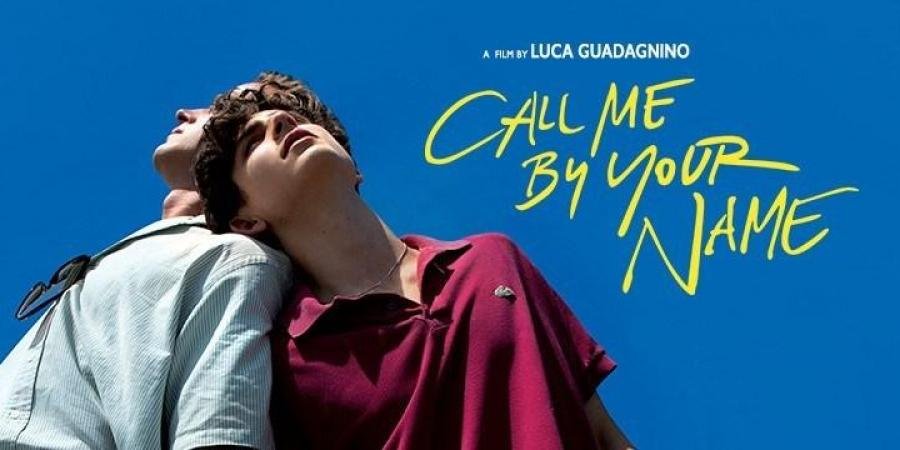Welcome to Gay Gold, our regular look at gay characters, storylines, and performers that were (or weren’t) embraced at major award ceremonies.
—
In early 2018, when he won the Adapted Screenplay Oscar for Call Me By Your Name, James Ivory was 89. That made him both the oldest-ever winner of an Academy Award and a remarkable example of queer resilience in Hollywood.
Though they weren’t publicly out, Ivory and his partner Ismail Merchant were together from the early ’60s through the mid-aughts, when Merchant died. And when they were together, they made films that basically created their own gay aesthetic. Just think about the suppressed passion, perfect clothes, and opulent wealth in films like Maurice, Howard’s End, The Remains of the Day, and A Room With a View. Honestly, when you’ve got Helena Bonham Carter and Emma Thompson in that many of your movies, you don’t really need to announce your homosexuality, you know? (The full-frontal male nudity and gay sex in Maurice also point the way to paradise.)
By the time he wrote the script for Call Me By Your Name — about a steamy-yet-heartfelt love affair between a teenage boy and a slightly older man — Ivory was fully out. And even though he’s publicly complained about how the film pulls punches in depicting gay sex, there’s no denying that this is one of the g-g-gayest movies ever to get Oscar’s attention. It’s a Best Picture nominee where the sexy male lead cums into a peach and his boyfriend is turned on! It’s a Best Picture nominee where the gay men don’t get punished or shamed, which shouldn’t be noteworthy but totally is! And sure, Best Actor nominee Timothée Chalamet is straight, just like the recently disgraced Armie Hammer, who plays his lover. But director Luca Guadagnino is gay, and so is Sufjan Stevens, whose Oscar-cast performance of his nominated song “Mystery of Love” featured this pink suit.
Plus, the movie is beautiful, just phenomenally made and deeply moving. I’m glad that Ivory was part of it and that he actually took home the award. It just means something to see a gay man in his late 80s, who had to suppress his sexuality for so many decades, stand up and accept a prize for telling a story that he couldn’t have told when he started his career. It’s a nice reminder that queer people like him were always there, even if we couldn’t always see them. It’s a heartening message that sometimes, you don’t have to get British divas to telegraph your queer yearning for you… you can just do it your damn gay self.
Get real time update about this post category directly on your device, subscribe now.




